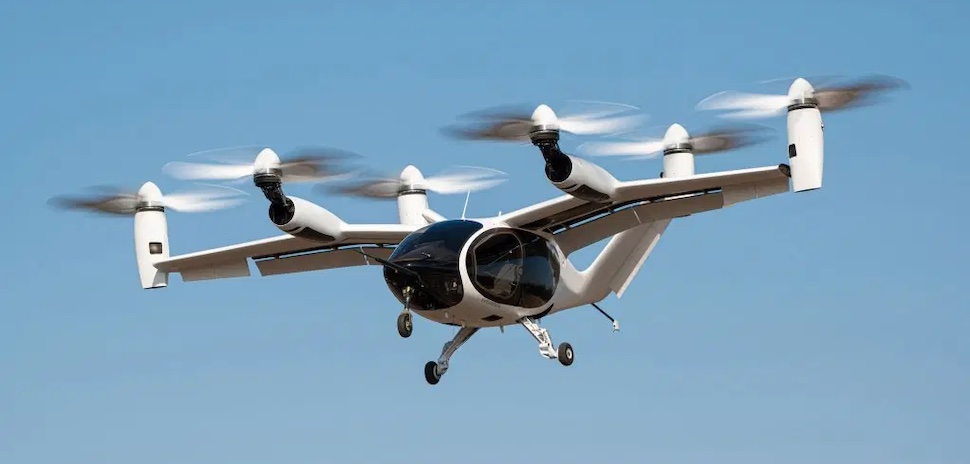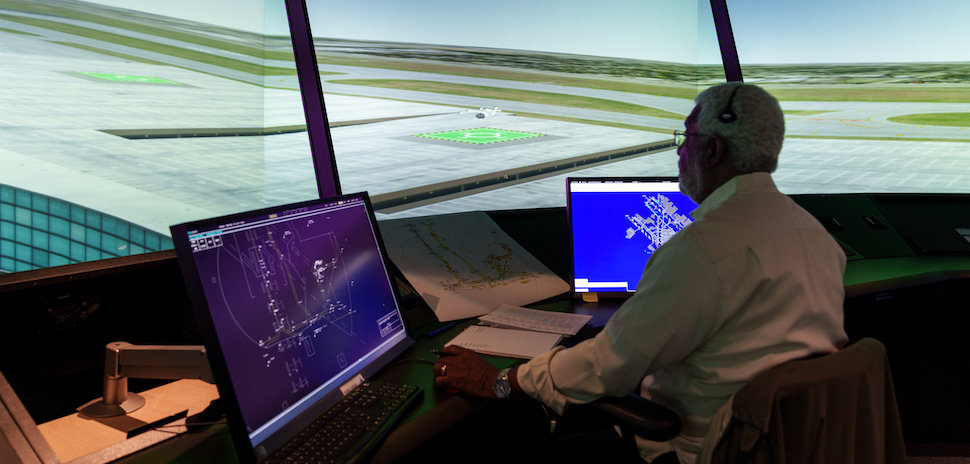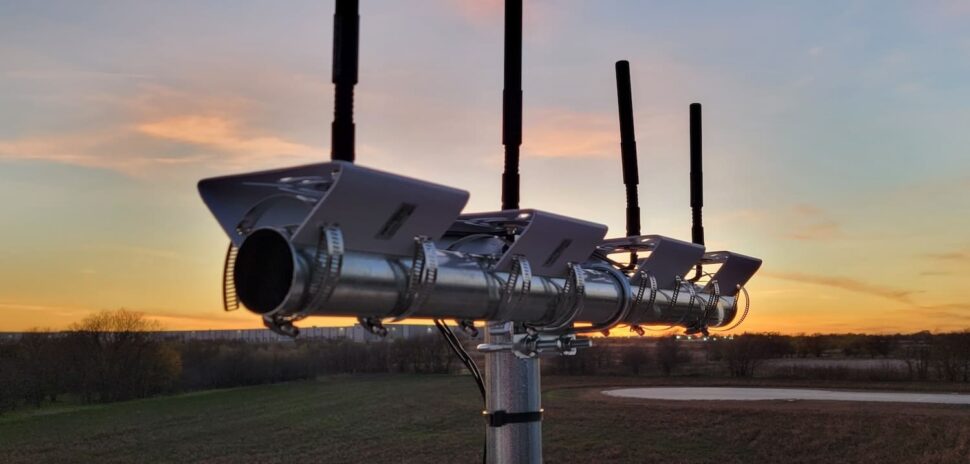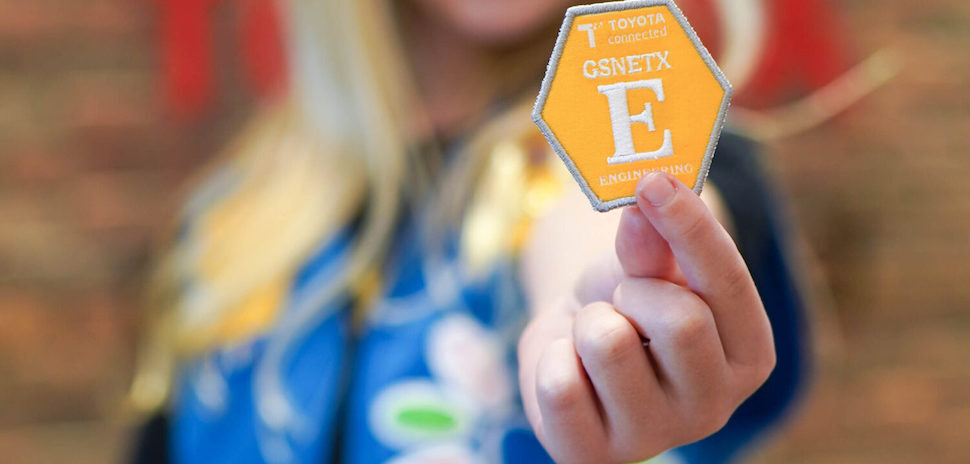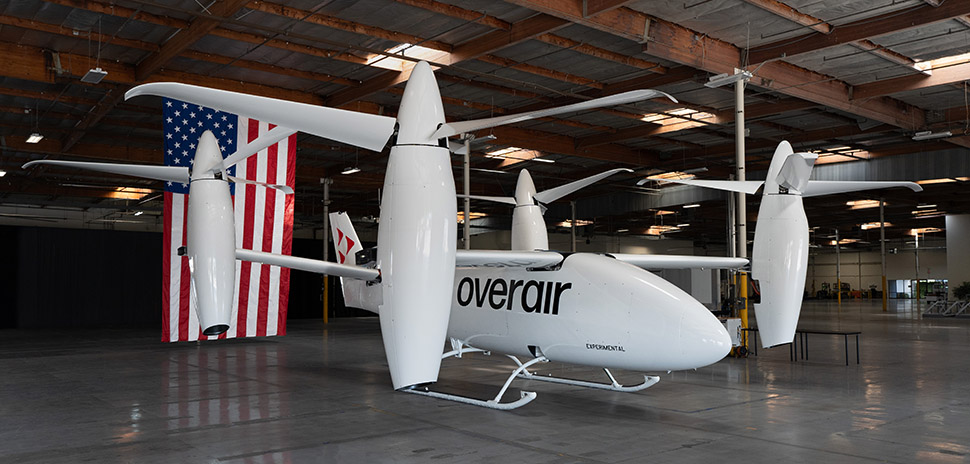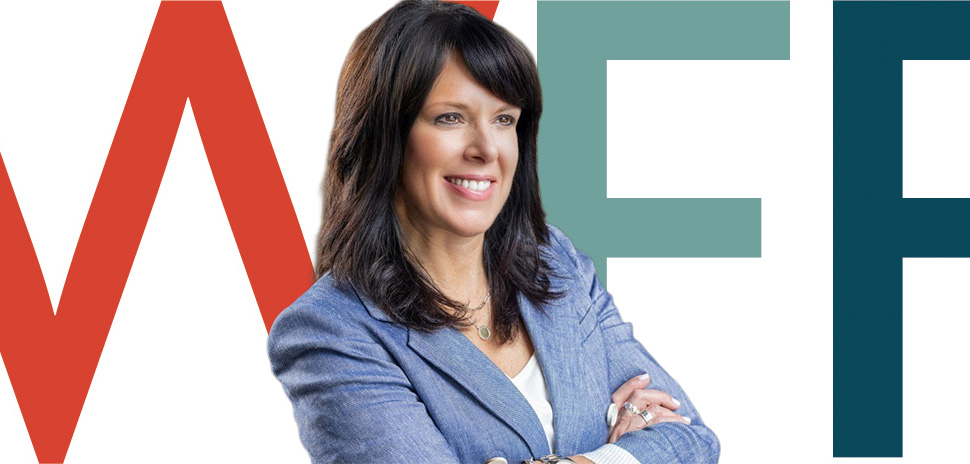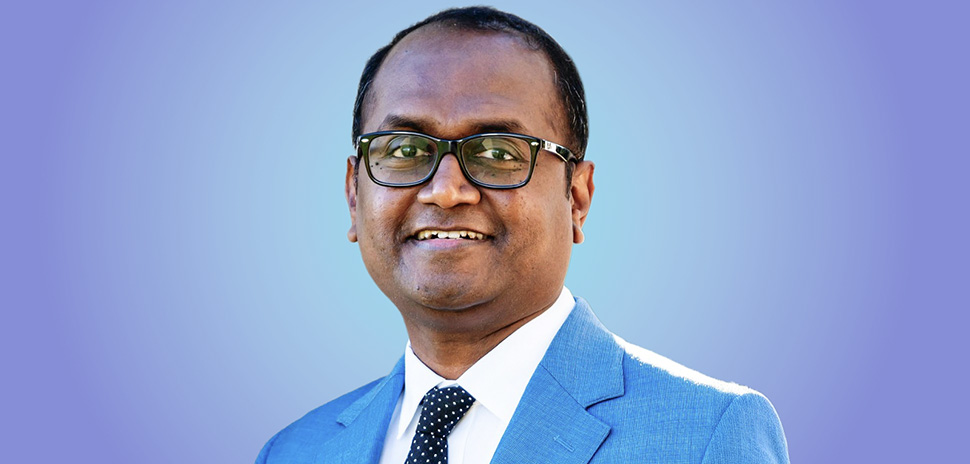Toyota Motor Co. has its eyes on the skies. The company—whose North American headquarters is in Plano— announced that it’s investing $500 million in California-based Joby Aviation, which is developing electric air taxis for commercial passenger service.
This is on top of the $394 million Toyota invested in Joby back in 2020, when the auto maker was the lead investor in Joby’s $590 million Series C funding round.
Toyota said its investment is aimed at “realizing the two companies’ shared vision of air mobility.”
“Today’s investment builds on nearly seven years of collaboration between our companies,” Joby Founder and CEO JoeBen Bevirt said in a statement. “The knowledge and support shared by Toyota have been instrumental in Joby’s success and we look forward to deepening our relationship as we deliver on our shared vision for the future of air travel.”
Third aircraft just rolled off production line
Joby recently rolled its third aircraft off its pilot production line in Marina, California, and is breaking ground on an expanded California facility that will “more than double the company’s manufacturing footprint,” Toyota said. Just last month, Joby confirmed that the fourth of five stages of its FAA type certification process “is now more than one-third complete on the Joby side,” the company added.
“With this additional investment, we’re excited to see Joby certify their aircraft and shift to commercial production,” said Tetsuo “Ted” Ogawa, who signed the agreement as the operating officer on behalf of Toyota. “We share Joby’s view that sustainable flight will be central to alleviating today’s persistent mobility challenges.”
Toyota said the additional investment “reflects the continued aim of Toyota Motor Corporation’s founding family, starting with Kiichiro Toyoda down to present-day Chairman Akio Toyoda, to realize the dream of air mobility for personal or daily travel as part of its transformation into a mobility company.”
Toyota has been investing more than money into Joby. Since 2019, it’s been investing “time and human resources to share its knowledge of the Toyota Production System via process planning, manufacturing method development, and tooling design,” the company said.
Toyota engineers and the Joby team are working side by side in California, Toyota said. In addition, in 2023 the two companies signed a long-term agreement for Toyota to supply key powertrain and actuation components for the production of Joby’s aircraft.
Joby in North Texas
Last year, Joby furthered its global connections right here in North Texas at the 2023 UP.Summit at Ross Perot Jr.’s Circle T Ranch in Westlake, where it advanced to crewed flight testing of its eVTOL prototype. The flight marked one of the first times a major eVTOL air taxi company reached this milestone in the U.S. Until then, most air taxi development had focused on unmanned or remotely piloted testing. Joby’s successful crewed flight test was a milestone towards commercial readiness ahead of its planned commercial launch with Delta Air Lines in 2025.
Joby has been involved in other key initiatives in Dallas-Fort Worth. In 2022, Joby and NASA worked with the FAA to create use cases exploring how electric air taxis might operate between local vertiports within one of the country’s busiest metropolitan areas. Their study indicated that initial operations are feasible and laid groundwork for scaling air mobility in busy metro regions.
One of the scenarios involved Joby’s aircraft transitioning from uncontrolled to controlled airspace—a key test to show compatibility with current air traffic management. As part of the testing, Joby’s team also incorporated emergency diversion routes, simulating how air taxis might respond to non-emergency situations, like an equipment malfunction, by rerouting safely. Starting with simple flights in lower-density airspace, the tests gradually built up to flights near major airports, illustrating that Joby’s aircraft could safely coexist even in highly regulated, busy airspaces.
Building on this, Joby and NASA ran simulations in 2023 at NASA’s FutureFlight Central, testing up to 120 air taxi operations per hour in DFW’s complex airspace. The simulations demonstrated how next-gen air taxis could integrate with current air traffic control systems using existing air traffic control tools and procedures.
Quincy Preston contributed to this report.
![]()
Get on the list.
Dallas Innovates, every day.
Sign up to keep your eye on what’s new and next in Dallas-Fort Worth, every day.

